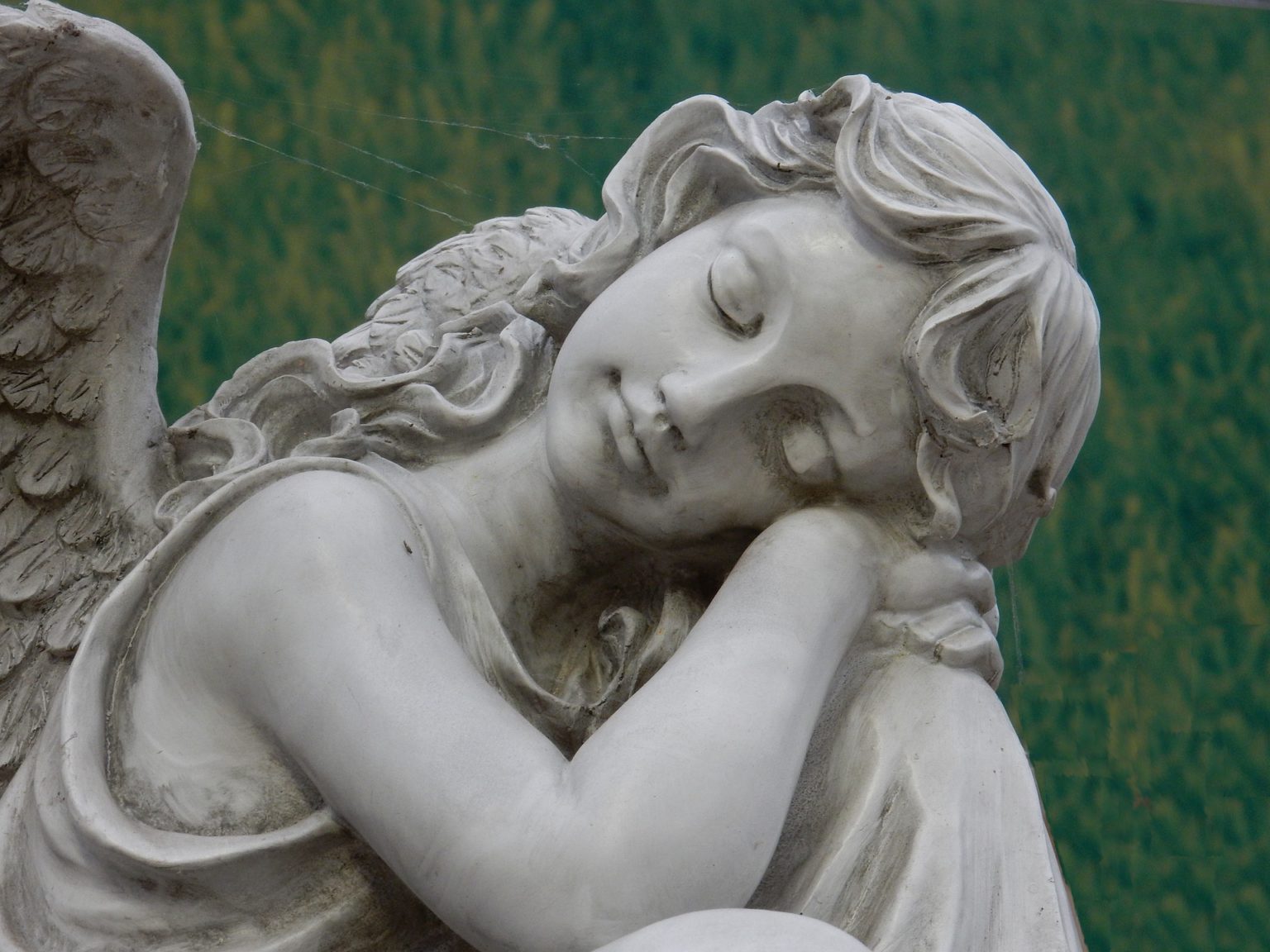About 80% of all cases of sleep paralysis (SP) are accompanied by hallucinations: visual, auditory, and tactile. Often a paralyzed person sees an incubus or a demon. But what comes first: beliefs leading to corresponding visions, or the experience of SP, which entails a belief in the supernatural? German scientists Gerhard Mayer and Max Fuhrmann recruited 380 volunteers in an attempt to answer this question. All participants had at least one experience of sleep paralysis.
Interestingly, the researchers draw parallels between states that we call phase states, noting that sleep paralysis is closely related to out-of-body experiences, lucid dreams, false awakenings, and reports of alien abduction. As the authors note, these experiences are not only similar in terms of the context of their occurrence (they are all related to sleep), but they are easily confused and sometimes can even partially merge with each other.
The researchers identified that such personality traits as openness to new experiences and the ability to immerse yourself in your fantasies and mental images are key to understanding the relationship between sleep paralysis and belief in the supernatural. People with such characteristics are more likely to experience SP. Women, especially, as the authors add, are more open to paranormal experiences and supernatural beliefs.
People who sincerely believe in ghosts, demons, angels, divine beings, the devil, psychics, astrology, card reading, and hauntings are more likely to experience hallucinations. But the question remains: what comes first, faith or experience? Theoretically, the experience of SP should strengthen supernatural beliefs. However, the study does not allow to draw unambiguous conclusions.
At any rate, according to the scientists, sleep paralysis cannot be reduced to a simple neurophysiological phenomenon. Hallucinations during SP are not just dream images invading the waking consciousness.
What do you think: do beliefs lead to corresponding hallucinations in SP or do hallucinations trigger belief?
The article was published in May 2022 in the Journal of Anomalous Experience and Cognition.




